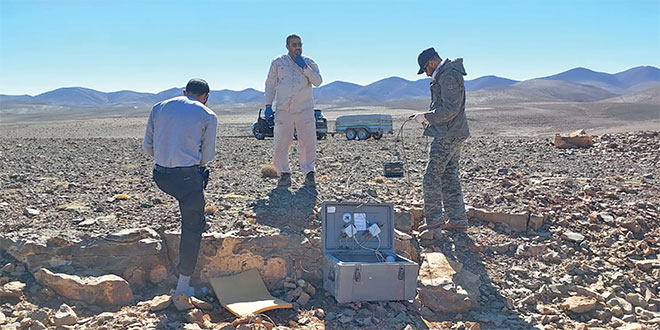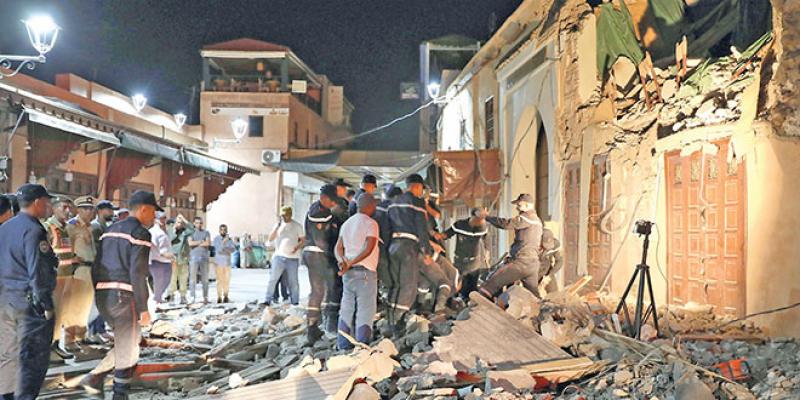The number of students studying «hard» sciences is shrinking year by year. By 2022, barely 14% of new university students had opted for scientific courses. «In geology, it’s even worse!» exclaims Taoufik Mourabit, a researcher in the field of seismology and seismic risk at Abdelmalek Essaâdi University in Tétouan (FST Tangiers).

«We have a real shortage of geologists and seismologists, and the situation is getting worse with retirements», he adds. The phenomenon is worrying. The earthquake that shook the Al Haouz region is a reminder of just how essential it is today to have sufficient skills in geology, seismology, geophysics... and geosciences in general. More generally, the climatic and natural challenges of our time call for a particular interest in science and technology. In Morocco, however, these specialties are losing ground.
«The teaching of geology should be revisited at high school level. Young people who come to us are disgusted, because geology is poorly taught. Its coefficient is also low, so students don’t pay much attention to it», points out Omar Saddiqi, acting dean of the Aïn Chock school of science in Casablanca.
«Of the 800 or so students we enroll in the first year in college, we only get about 15 back in Earth Sciences» he confides. In 2023, the Aïn Chock School of Sciences in Casablanca graduated just 12 students in geology, compared with 298 in biology. At the Rabat School of Science, too, very few students are trained in geology. This year, only 14 students graduated with a Bachelor’s degree in Earth and Universe Sciences, out of a total of 556 graduates with a so-called fundamental Bachelor’s degree. In the end, almost all of these students were trained in biology, and they end up teaching geology in secondary schools, a field they barely touched on in a module in their first year at university. «This is really paradoxical! Morocco is a paradise for geologists, yet it can’t train enough of them!» laments Saddiqi.
The number of geologists is dwindling, and succession is not assured. Pioneers in this field are retiring all the time. The Oujda School of Science, for example, will lose 10 of its 30 professors by 2026. «The decline of geology began around fifteen years ago. There are no more Ph.D. students in this field. In six or seven years’ time, we won’t be able to find any more geologists!» laments Yacine Zarhloule, President of the University of Oujda, who is also a geologist.
«It’s a very vast field. We’ve already run out of paleontologists, structuralists, stratigraphers, tectonists... and there are only 3 or 4 oceanographers for the whole of Morocco!» he adds. Zarhloule suggests the creation of a National Institute for Natural Risk Management, capable of training geologists as well as specialized physicists and biologists.
Ahlam NAZIH


























